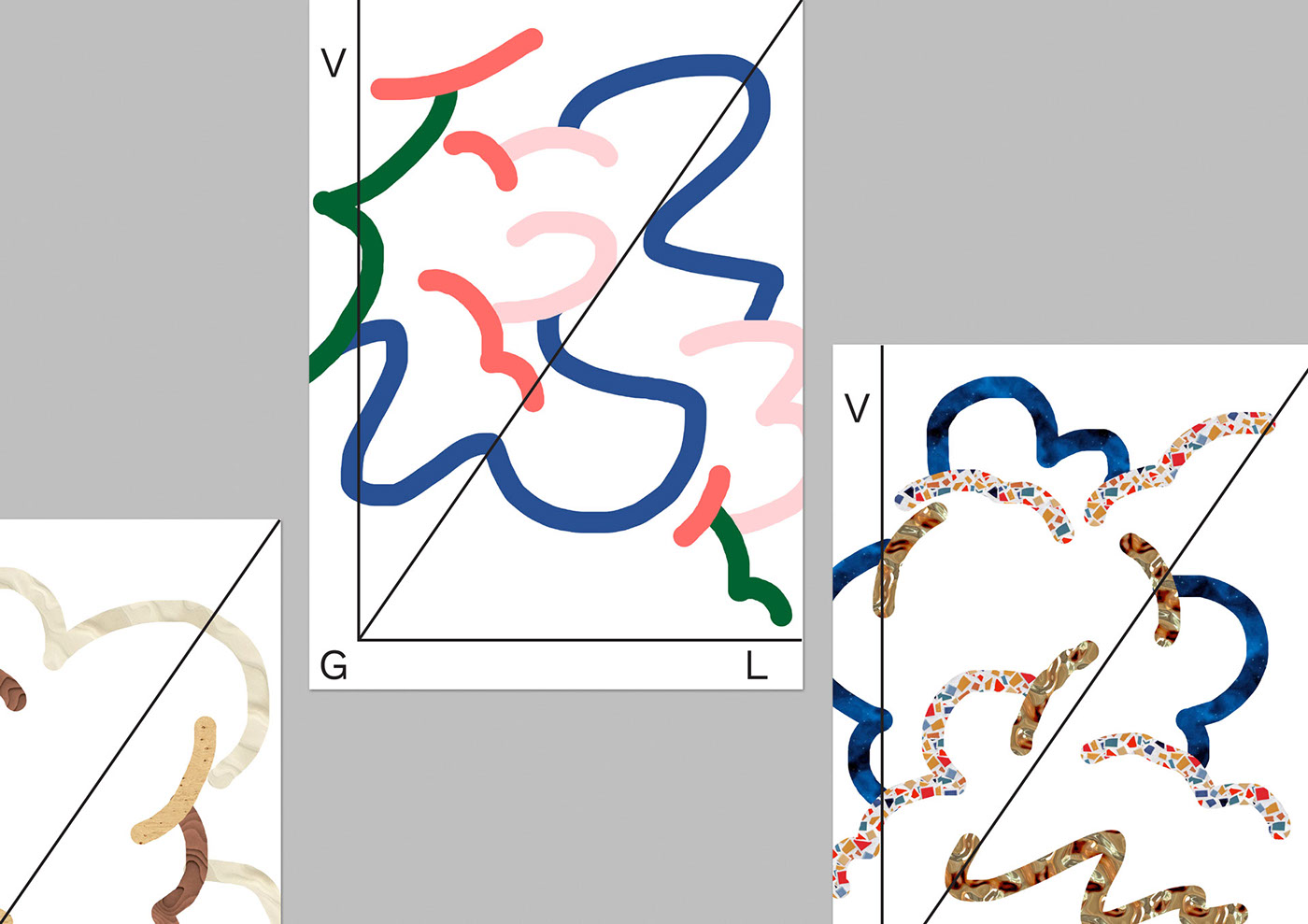

When we started out, in the late 90s, multi-layered design and competing aesthetics were considered bad design, unnecessary noise in the communication process. Good design had to be coherent, efficient and effective. Then internet came along and our information sources and communication channels changed drastically. The internet was one big (visual) mess. Around 2003 our perception had changed. What had been terribly confusing at first, became wonderfully diverse. A voyage through the many layers of our world at once. A few years later multi-layered and multi-aesthetic design became a trend in Graphic Design. We documented the change in our book Pretty Ugly, published by Gestalten in 2012.
Now, in 2017, we feel that multi-layered and multi-aesthetic design has become something we have got used to. Maybe because of today’s multi-layered communication channels or just because we can get used to anything. But whatever the reason, we now accept this way of communication as legitimate, not as a trend. Which is wonderful, because it makes us focus on the most important question in design: Does it work?
For the Vertical Geopolitics Lab a multi-layered and multi-aesthetic flexible visual identity has been the most appropriate visual language. VGL is a non-profit think-tank and speculative design studio. Based on the fundamental belief that institutions are not able to prevent what they cannot imagine, the lab is focused on the logistics of large-scale landscape architectural choreographies as potential source for as yet unimagined change in how we understand nature, society, jurisdiction, sovereignty, stereotomics, tectonics, and matter itself. As urban discourse has tended to focus its attention on visible rather than invisible urbanization processes to the extent of having been falsely treated as separate disciplinary entities within the field, the lab simultaneously engages the surface and subsurface, the visible and invisible.
The visual identity creates a space framed by VGL and filled by VGL’s projects. The visual system adjusts to different formats, but maintains its aesthetics. Conversely, the sub-identity of each project may change in aesthetics. There is no limitation in color, typeface or imagery. The structure provided by VGL makes VGL identifiable.

The Visual Identity of the Vectorial Geopolitics Lab is based on three axes. Rather than being a logo which is stamped in the same way on every item, it is a flexible visual system which adapts to different formats.
The VS divides a format into two spaces:
1. A space for the brand and …
2. A space for the projects.
1. A space for the brand and …
2. A space for the projects.
The space for the projects (2) is divided horizontally and vertically in 13 units. The space for the brand (1) may have a different height and width, depending on the format, but the width of the vertical axis and the height of the horitzontal axis are always the same.
There are two versions of the three axes visual system. One is using three lines. The other uses a mesh. It is up to the designer to choose the one to use.
















